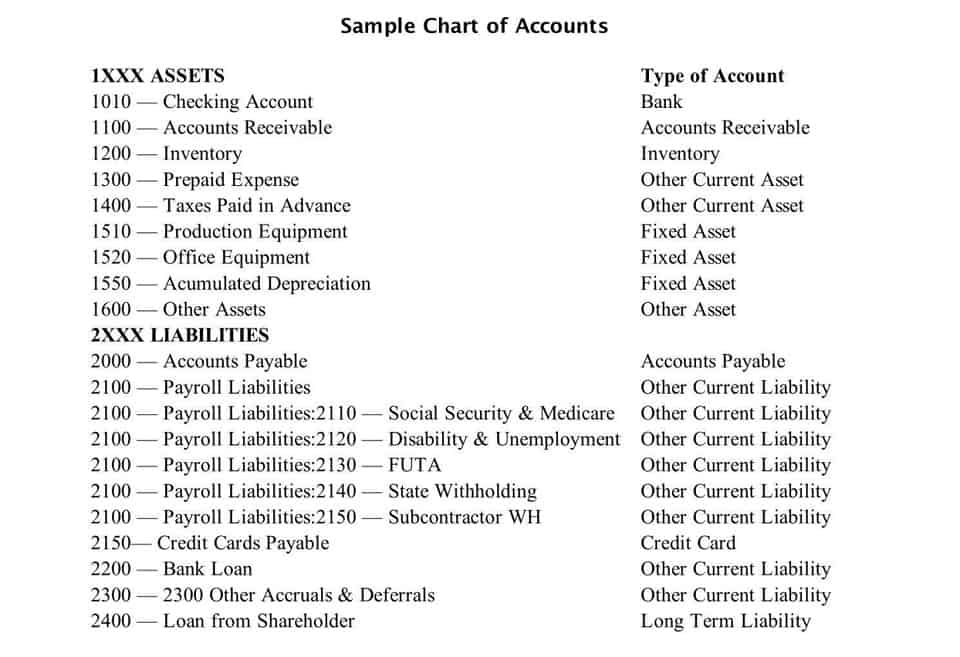
This can be accomplished through sharing the church budget Grocery Store Accounting in the bulletin, regular business meetings, or even a newsletter. Your congregation will appreciate knowing exactly how their money is spent. In addition to the financial benefits that come from not paying taxes, 501(c)(3)status builds trust in your congregation and community. Tax-exempt status tells people they can trust you because you aren’t looking to get rich off of their contributions. They’ll trust you with their dollars because you share a common mission and have been approved, by law, to be a legitimate nonprofit organization.
Stop stressing over your finances and start focusing on what you do best.

These reports give you insight into spending patterns to budget and analyze finances. Auto-categorization helps small churches track spending, manage budgets, save time, and reduce manual errors. You’re looking at frustrated staff, possible tax issues, and (in the worst cases) legal trouble.
Financial Benefits
Avoiding new hires can cut down on administrative costs, and it’ll reduce the budget dedicated to church accounting software and training. We hope this article has answered all of your questions about church bookkeeping and made managing your finances a little less daunting. Remember, it doesn’t have to be complicated and you don’t have to do it alone. All you need is good tax software, an organizational system, and a team of like-minded individuals ready to spread the mission of the church. By keeping proper records and making their financial practices public to the congregation, churches will maintain transparency and trust with their congregation.
How is a church’s nonprofit accounting system different from a for-profit business?

Adhering to GAAP and IRS regulations is a must for accountants and bookkeepers to ensure compliance and accurately portray the church’s financial status. The Statement of Functional Expenses is an essential financial report for nonprofit accounting. This statement offers a detailed breakdown of an organization’s expenses by function and nature during a specific accounting period, usually a fiscal year. As 501(C)(3) entities in the US, churches are subject to bookkeeping specific regulatory requirements that differentiate their accounting practices from other organizations. Churches must adhere to the Generally Accepted Accounting Principles (GAAP) for various documents and reports and comply with IRS regulations. They must maintain accurate financial records, submit annual information returns, and ensure that their activities align with their tax-exempt status.
- Our church accounting, payroll, compliance, and tax services were designed specifically for churches.
- By considering the listed factors, organizations can choose software that meets their specific needs and enables efficient and accurate accounting practices.
- At Parable, we’re all about making life easier for churches and church staff so you can continue to do all that God’s called you to do.
- Churches use multiple small ledgers based on restrictions, budgets, and allocations to track where the money is housed.
- This focus contrasts with for-profit entities, where the primary objective is to maximize profitability and shareholder value.
- But churches must file 1099s and W-2s for staff and freelance professionals.
The statement of activities shows the revenue, expenses, and net changes in church assets during a particular period. It shows how much money the church brought in and how it was used for activities to fulfill and further its mission. By segregating financial resources into separate accounts, or “funds,” this system enables organizations to closely monitor and report on the performance of each fund. As a result, fund accounting plays a crucial role in maintaining the trust of donors, stakeholders, and regulatory bodies by providing a clear and accurate picture of an organization’s financial health. Our team takes the time to help you interpret and analyze your data, bringing you a greater understanding of the financial well-being of your church. Having a complete picture of your church’s financial situation allows you to more effectively fulfill your mission, letting your team focus more energy on reaching people and making a difference.

Learn how Jitasa’s team of experts can help you make the most of your church’s accounting practices. Besides compiling each of the above documents, there are a few other strategies your church should implement to effectively manage its finances. Accounting, bookkeeping, and tax tips to help you understand your small business finances. Our Team is happy to schedule a call to learn more about your needs and find a plan that’s right for you. Many smaller churches still use cash accounting since income and expenses are recorded when received and paid. On the other hand, for-profits sell services or products to maximize profits for the owners.
As you go about all of this great work, sometimes financial management ends up taking a backseat. However, effective stewardship of your church’s finances is essential to the success of your mission-related activities, and a solid accounting system makes this possible. Churches are nonprofits and must use church accounting fund accounting to track revenue and expenses.
